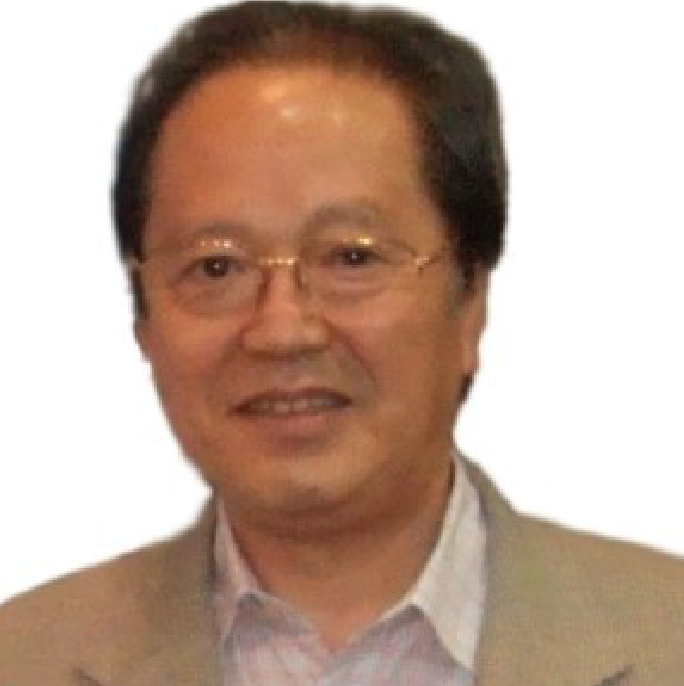
AOGS Axford Medal Award Recipient

2009 - 2010
Atsuhiro Nishida
We are pleased to announce Professor Atsuhiro Nishida as the first recipient of the Axford Medal of the Asia Oceania Geosciences Society (AOGS). Professor Nishida has proven himself to be a dedicated, innovative, and accomplished scientist countless times throughout the five decades he has been involved in space science, with outstanding scientific achievements in magnetospheric, ionospheric and interplanetary physics. He has received numerous international awards for scientific excellence and international cooperation throughout his career, including the Gagarin Medal, the Van Allen Lectureship, the Alfven Medal, and the Space Science Award of COSPAR.
These achievements are focused on the structure and dynamics of the Earth's magnetosphere, starting initially with ground-based magnetometer data but then including spacecraft data and theoretical interpretations. Some examples include his discovery of the DP2 type fluctuations in the geomagnetic field that signify magnetic reconnection on the magnetopause and the development of a new mechanism for the formation of the plasmapause that combines ionospheric outflow with magnetospheric convection. He also conceived, and led as Program Manager, the Japanese-US GEOTAIL satellite mission, which inaugurated the International Solar Terrestrial Physics (ISTP) Program. Geotail was instrumental in advancing understanding of the magnetotail dynamics on both MHD and kinetic scales and in enhancing Japan's role in the international space science program.
His achievements are not limited to science, but extend also to leadership in the international and Japanese scientific communities. Professor Nishida served as president of AOGS from 2006 to 2008 and was vice-president in 2005 - 2006 and 2008 - 2009, amongst the many other posts he has served in. AOGS grew considerably under his guidance and leadership, including its first meetings outside Singapore and the dedicated fostering and relationship building with the geosciences communities of the host countries.
Throughout his career Professor Nishida has actively developed international scientific collaborations and sought to improve relationships between nations through science. He has held high positions in international and Japanese scientific societies, including the International Association for Geomagnetism and Aeronomy, COSPAR, and the Science Council of Japan. He has been elected to The Japan Academy. Professor Nishida was also Director-General of Japan's Institute for Space and Astronautical Science and Supervisor of the Japan Society for Promotion of Science, thereby playing major leadership roles in the geosciences and the space program in Japan. On a more personal level he has also mentored many PhD students and colleagues at Tokyo University and his other positions, taking these future scientists and researchers under his wing and helping them to fulfil their potential.
